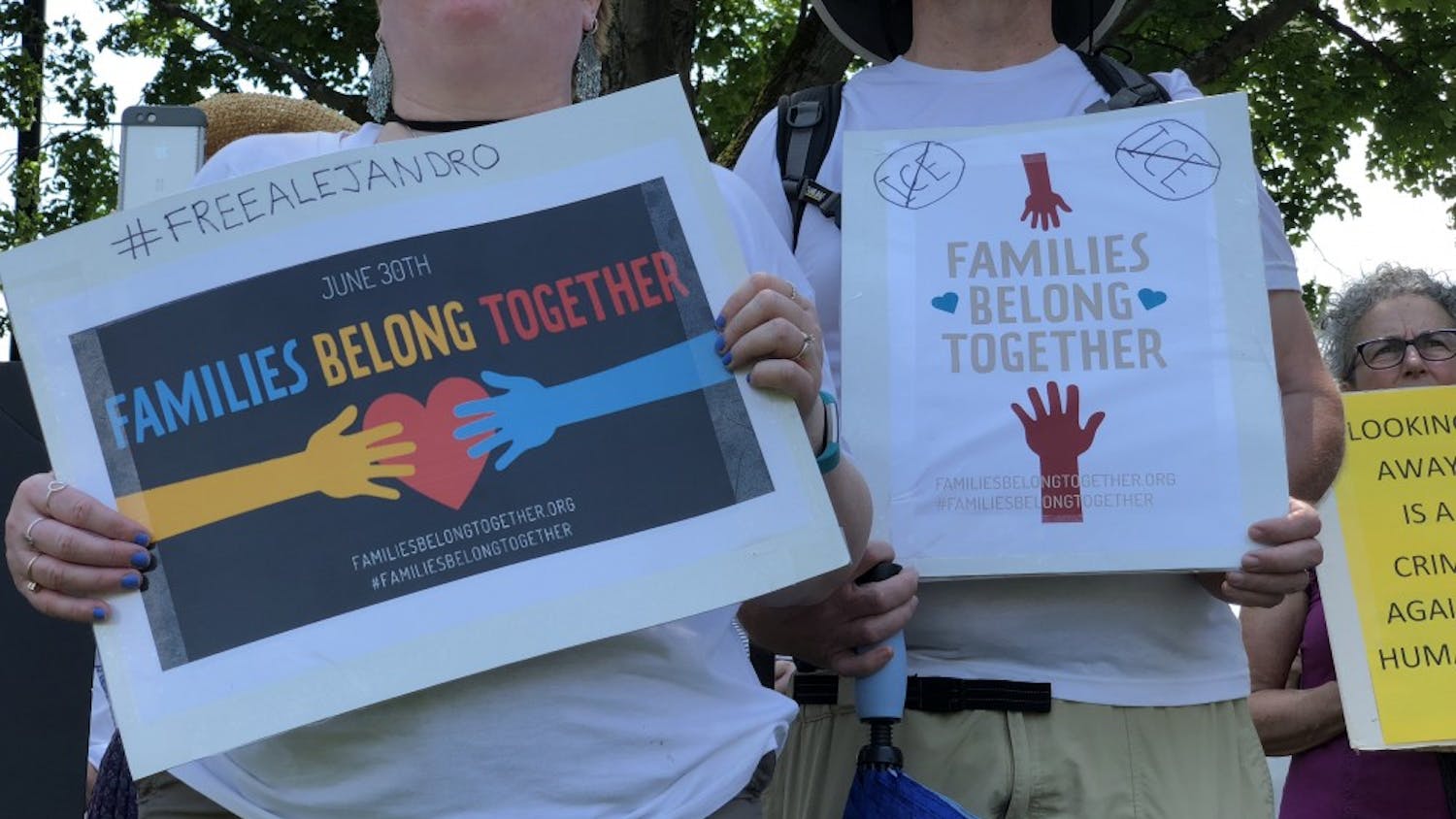Protests and acts of civil disobedience have the power to make history. Anti-Vietnam war protests served to show the world that many Americans did not support the war effort and ultimately led lawmakers to consider how to end the war altogether. The Montgomery Bus Boycott was a pivotal moment in the civil rights movement — one woman, Rosa Parks, took a personal risk to stand up against a discriminatory law. The March on Washington for Jobs and Freedom that culminated in Martin Luther King’s “I Have a Dream” speech is the stuff of history books. Protesting is part of a great American tradition of speaking out for what we believe in, no matter the consequences.
However, protests aren’t always so successful. The Occupy Wall Street movement that started in lower Manhattan’s financial district in 2011, for example, didn’t get anything done. Angry protesters camped out in Zuccotti Park to express disparities between the extremely rich one percent and everyone else, but no real change followed because the movement lacked a clear agenda and anger itself is not a policy recommendation. Protests need specific goals and deeply committed participants. Otherwise, they become nothing more than a mass gathering for the expression of amorphous anger.
Most recently, the Women’s March on Washington following the inauguration of President Trump, in which I enthusiastically participated, was directionless. The march was more a mass expression of anger and frustration than a protest with a clear policy goal. Millions of Americans marched in cities across America, but what did they achieve? What, specifically, were they protesting? Catharsis can be important in its own right, and perhaps all that the Women’s March aimed to do was give participants an opportunity to express anger. But expressing emotion without a specific goal shouldn’t be confused with protesting. A national march millions strong with no clear direction is a missed opportunity. That isn’t to say that the Women’s March did nothing, but it certainly didn’t do as much as it could have.
Protests should criticize a specific law or policy — like the Vietnam War draft, the bus segregation laws in Montgomery or the use of nuclear weapons. Only then do they have the potential to achieve practical aims. Protests against general issues like income inequality, gender inequality or simply dissatisfaction with the current president are nothing more than expressions of anger. Anger can be channeled into positive change, but not without real thought and effort behind it.
Another reason why modern protests more closely resemble angry masses than historical protesters is because protesting has become too commonplace, too easy. Protesting, marching, being angry about something is practically an average weekend activity for the whole family; it requires no real sacrifice or commitment anymore. And if protesting doesn’t require any personal thought about or commitment to the issues, then protesters are less likely to have shared and specific goals. Now, any disgruntled American with time to spare can be a protester, not just passionate activists with actionable recommendations.
Last year, as many as 20 faculty members at Yale Law School canceled class to accommodate students who wished to protest the nomination of Justice Brett Kavanaugh. Not only is this a clear example of faculty members influencing students to take action in support of beliefs that may not necessarily be their own, but it also demeans the protest itself. We should protest about a select few things: things we are so passionate about that we are willing to miss class, work or whatever other obligations we might have. We should protest because we feel strongly enough that we want to, not because our friends are or because our professors have told us to. When protests are made so easy as to require little to no thought or sacrifice, they become less meaningful. And in this example, canceling class to accommodate protesters is particularly dangerous. In order to be effective activists, we must first be educated. We need to develop analytical skills to look at issues and think about real-world policy solutions. School is precisely where we should be developing these skills and talking through modern social and political issues.
When we protest everything, we protest nothing. We are oversaturated with anger and dissatisfaction, so any organized protest with real potential gets lost in the chaos.
Anger can drive political change, but not without organized and serious effort. Effective protests don’t just bemoan the current state of affairs — they offer alternative solutions. Effective protestors aren’t just anyone free on a given Saturday — they are people who are committed to the issues, and who are willing to make a sacrifice to effect change. The right to protest is a linchpin of our democracy; we should use it wisely.



